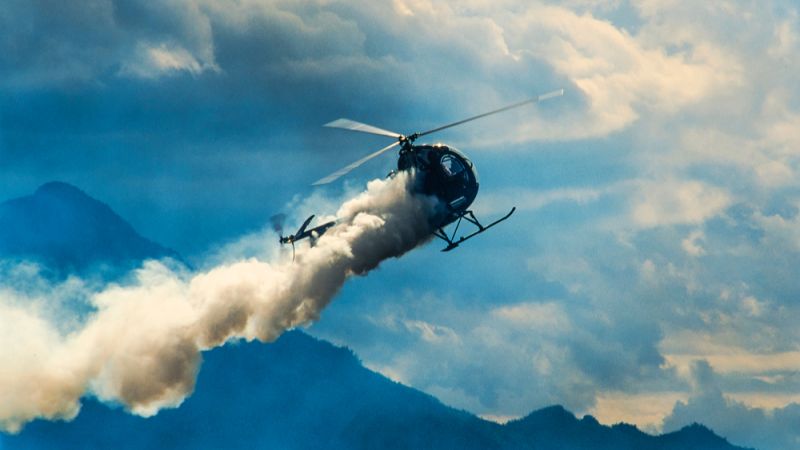Ghana is reeling from a tragic military helicopter crash that claimed the lives of two senior government ministers and six others in the Ashanti Region on Wednesday, marking one of the country’s gravest political losses in recent memory.
The deceased include Defense Minister Edward Omai Boamah and Minister of Environment, Science and Technology Ibrahim Murtala Mohamed. The crash occurred near Adansi Praso while the group was traveling from the capital Accra to the city of Obuasi.
Chief of General Staff Julius Debrah confirmed that the helicopter lost contact with air traffic control shortly before the crash. According to a statement issued by the Ghana Armed Forces, the aircraft was carrying five passengers and three crew members at the time of the incident. All eight were confirmed dead at the scene.
The exact cause of the crash remains unknown. Military officials say an investigation is underway and recovery operations are still in progress in the remote forested region where the helicopter went down.
President Nana Akufo-Addo described the incident as “a national tragedy” and announced that the national flag would be flown at half-mast across the country until further notice. He is expected to deliver a formal address to the nation following an emergency cabinet meeting held late Wednesday.
“This is a profound loss, not only for the government but for all Ghanaians,” President Nana said in a brief statement. “Our hearts go out to the families of those who perished in the line of duty.”
The loss of two key ministers has shocked the political establishment and citizens alike. Defense Minister Boamah was known for his strategic leadership and efforts to modernize Ghana’s armed forces, while Minister Mohamed was a vocal advocate for climate resilience and technological innovation in public policy.
Tributes have poured in from across the political spectrum and the international community. Flags were lowered in front of government buildings and moments of silence were observed in Parliament.
This incident adds to a growing list of aviation tragedies in the region, raising renewed concerns about aircraft maintenance and safety protocols within both civilian and military aviation fleets.
Earlier this year, four medical workers were killed in a separate aircraft crash in the U.S. state of Arizona, highlighting the global risks associated with smaller aircraft operations.
In Ghana, the emotional toll is compounded by the stature of those lost. Local media has described the atmosphere in Accra as one of grief and disbelief.
As the investigation unfolds, citizens await clarity on the cause of the crash and assurances that lessons will be learned to prevent such tragedies in the future. For now, the nation grieves the sudden loss of two prominent leaders and six devoted crew members.

